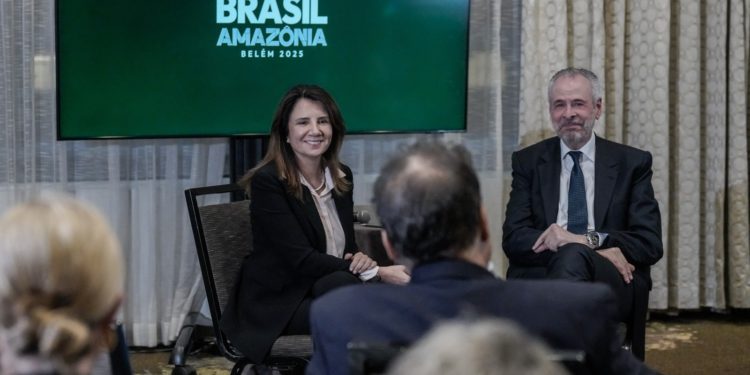As Brazil prepares to host the 30th United Nations Climate Change Conference (COP30) in Belém, Pará, the country is introducing a series of institutional innovations aimed at making the global climate summit more inclusive, participatory, and action-driven.
The Conferences of the Parties (COPs) to the UN Framework Convention on Climate Change (UNFCCC) have been held annually since 1995—except in 2020, due to the pandemic. They gather negotiators from 198 parties, along with representatives from civil society, to advance global cooperation on climate action. Over the years, the COP format has evolved to reflect emerging environmental and social challenges, but COP30 marks a new chapter in the evolution of these conferences.
Brazil Takes the Lead for the First Time
For the first time in history, Brazil will preside over a COP. The country has appointed Ambassador André Corrêa do Lago, Secretary of Climate, Energy, and Environment at the Ministry of Foreign Affairs, as the President-designate. He will officially assume the role during the conference.
The COP President acts as a neutral facilitator, mediating discussions, resolving differences, and guiding the multilateral negotiation process toward consensus. Under Corrêa do Lago’s leadership, the COP30 Presidency will focus on four core areas:
Summit of Heads of State (November 6–7, 2025): Leaders from around the world will convene in Belém to discuss global climate priorities. Though not a decision-making meeting, their statements will help set the tone for negotiations throughout the conference.
Negotiation: National delegates will meet in the Blue Zone to define new commitments and implementation strategies for the climate agenda.
Action Agenda: Introduced at COP21 in Paris, the Action Agenda integrates non-state actors—such as cities, businesses, and civil society—into the climate process. At COP30, this agenda includes 30 key objectives designed to accelerate emission reductions, enhance adaptation, and strengthen the shift to sustainable economies. Each objective will be supported by “activation groups” made up of experts from government, academia, and the private sector, whose acceleration plans will be unveiled in Belém.
Mobilization: Brazil has launched a Global Task Force (Mutirão Global) to encourage broad participation from society in the discussions and outcomes of COP30.
Executive Leadership
Supporting the Presidency is Ana Toni, Brazil’s National Secretary for Climate Change at the Ministry of Environment and Climate Change, who will serve as Chief Executive Officer (CEO) of COP30. The position—created at COP26 in Glasgow—adapts to each conference’s needs. Toni’s main role is to strengthen engagement with civil society, ensuring inclusive participation and constructive dialogue between governments, organizations, and communities.
Climate Champions: Bridging Action and Dialogue
The UNFCCC annually appoints Climate Champions to foster collaboration between governments and non-state actors. They serve two-year terms, with four active champions at any time—two from the current conference and two from the previous one.
At COP30, business leader Dan Ioschpe will serve as the High-Level Climate Champion, while Marcele Oliveira will act as the Youth Climate Champion, working to empower young voices and integrate youth perspectives into climate decision-making.
Brazilian Innovations: The Circles
In a pioneering move, Brazil has introduced the “Circles”, thematic groups led by ministers that unite public, private, community, and international actors. These Circles aim to expand mobilization, foster collaboration, and deliver concrete outcomes for climate action.
Among them are the Circle of Finance Ministers for the Baku to Belém Roadmap, the People’s Circle, the Circle of COP Presidents, and the Global Ethical Stocktaking Circle—each designed to promote shared responsibility and accelerate progress across different sectors.
As COP30 approaches, Brazil’s model sets a new benchmark for inclusivity and innovation in global climate governance—bringing governments, experts, and citizens together to build a fairer, more sustainable future.




















